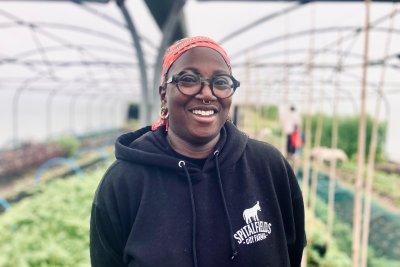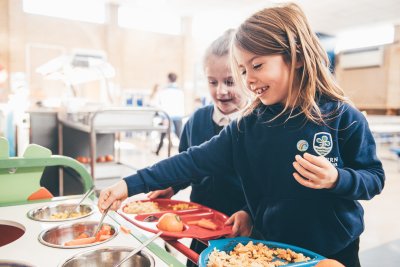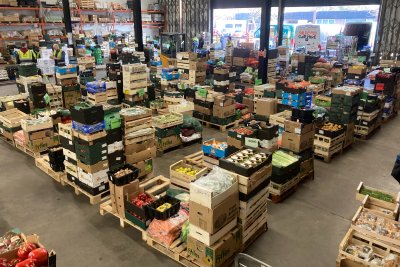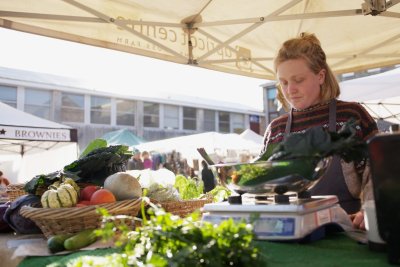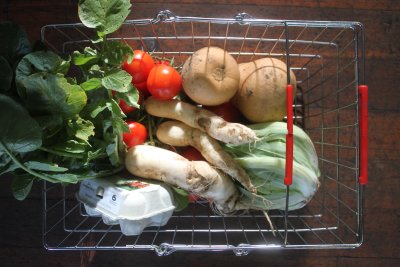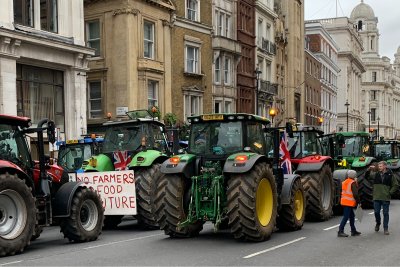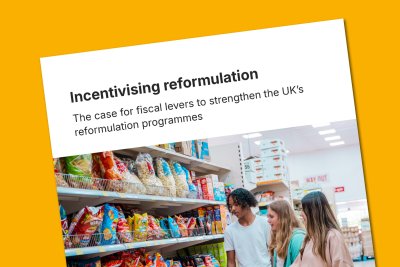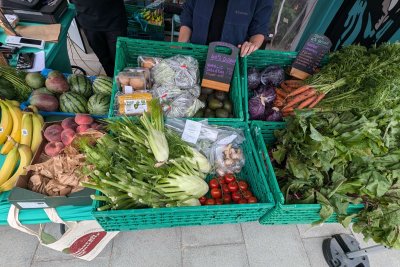

Michael Gove admits that a 'No Deal' Brexit will lead to higher food prices
Secretary of State for Defra Michael Gove admitted in Parliament today that a 'no deal' Brexit would lead to "price spikes in certain foodstuffs", due to increased friction at borders and new trading tariffs.
Questioned by members of the Environmental Audit Committee, the Defra Secretary of State reportedly said:
“If you have friction and disruption – and we are trying to minimise that – between Dover and Calais, then the ability to get food, particularly perishable items on to the market, will be impeded,” he said. “That is likely to drive some price increases. It is also the case that some of the alternative routes by which food will reach our shores will add additional costs, for example Spanish produce being re-routed … rather than going through Dover/Calais can increase costs… So I do think there is a real risk in the event of a no deal of price spikes in certain foodstuffs.”
He went on to seek to dampen fears that new border checks (announced today by the European Commission and to be introduced in the event of a 'no deal' Brexit) would lead to slaughter of animals at ports.
According to The Guardian newspaper, about “4,000 sheep are exported to Europe each year for slaughter, and concerns have been raised that 20-mile queues of lorries at ports could lead to the governmment having to carry out a mass slaughter of livestock held in lorries.”
Michael Gove dismissed this as a ‘lurid’ scenario and denied he was planning for such an eventuality. However, he admitted that farmers were right to be worried about delays at the borders, as well as tariffs, and the friction this would create at the ports.
Kath Dalmeny, chief executive of Sustain, said: “Sustain members are crystal clear that a 'no deal' Brexit would be bad for Britain's farmers and food standards. We have severe concerns about the impact of food price hikes on those living on low incomes, who are already teetering on the brink, with around a million people having to resort to emergency food banks over the past year. It's likely that over 8 million of our fellow citizens (half of these children in low-income households) will have zero capacity to stock up in advance and protect themselves from disruption to our food supply."
“Furthermore, delays at borders, new tarrifs and the resulting interruptions to our food supply chains will hit our food producers and farmers hardest, who are already operating on low profit margins, and bear the brunt of uncertainties in the weather, as well as unfair supermarket and manufacturer buying practices."
“For our food and farming system, it is simply unconscionable that our parliamentarians might be contemplating a hard Brexit in 100 days' time.”
Michael Gove also admitted to the Environmental Audit Committee that the UK being granted ‘third country status’ when outside the EU would still be problematic as it would mean thousands of animals being inspected at borders and that no facilities were currently available at Calais. There would also be complications for the UK’s plastics recycling as exports of these materials could be hit by 12% tariffs.
For our more detailed assessment of how a 'no deal' Brexit would be very detrimental to the UK's food and farming system, please click here.
Good Food Trade Campaign: Campaigning for good trade that benefits people and the planet at home and overseas.
Sustain
The Green House
244-254 Cambridge Heath Road
London E2 9DA
020 3559 6777
sustain@sustainweb.org
Sustain advocates food and agriculture policies and practices that enhance the health and welfare of people and animals, improve the working and living environment, promote equity and enrich society and culture.
© Sustain 2025
Registered charity (no. 1018643)
Data privacy & cookies
Icons by Icons8
